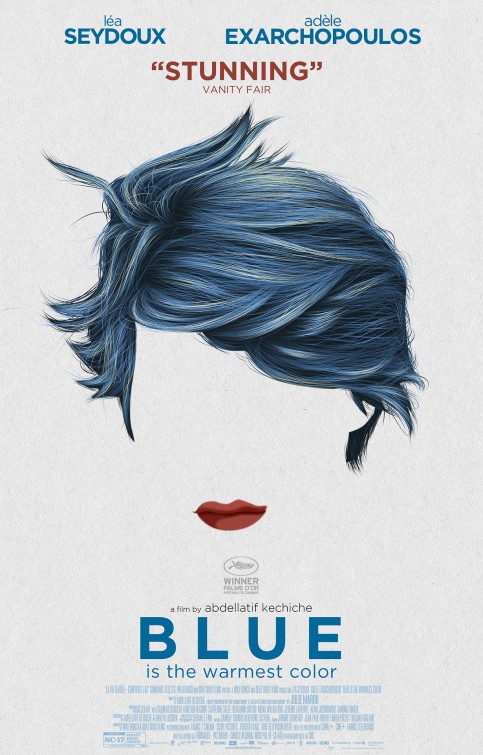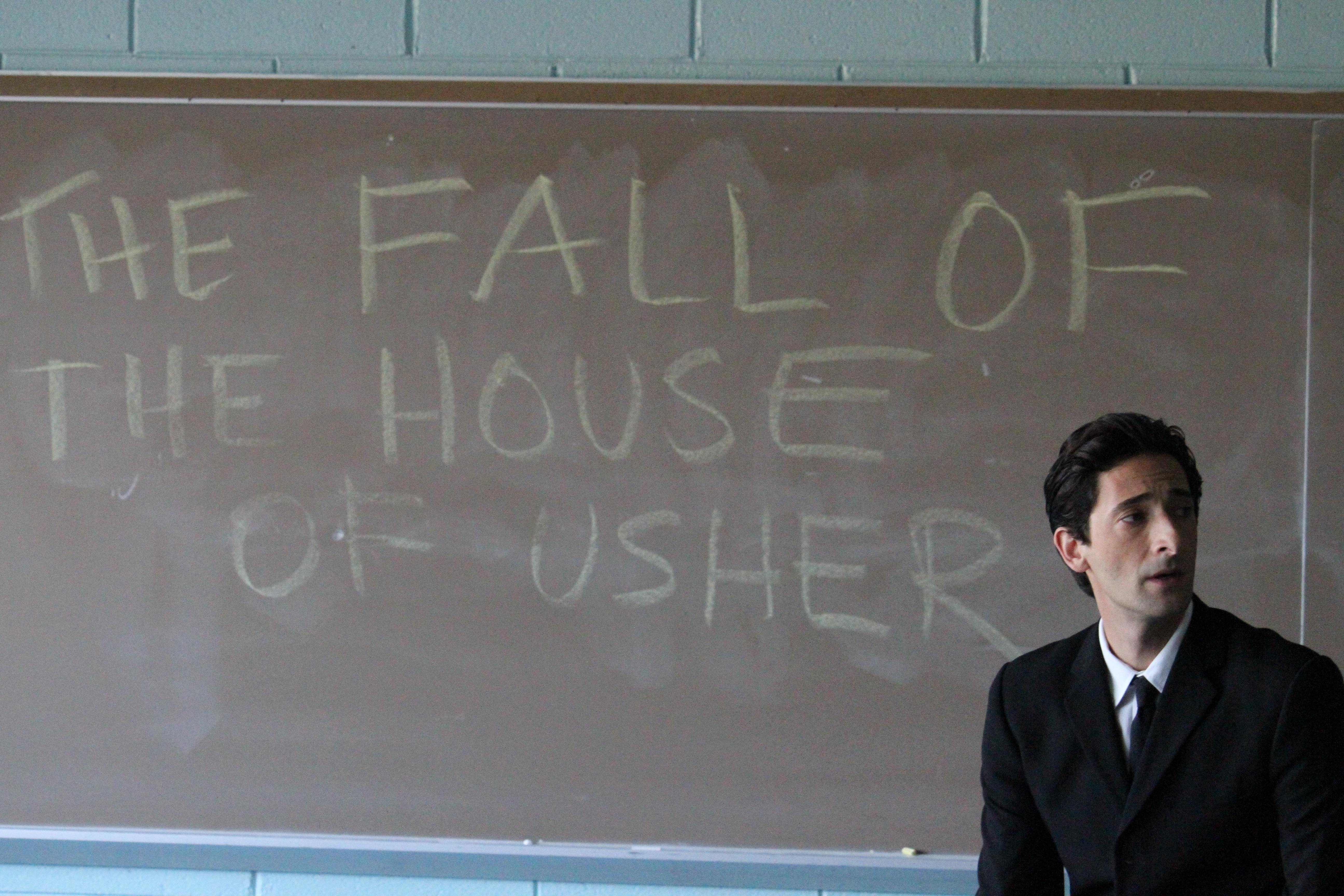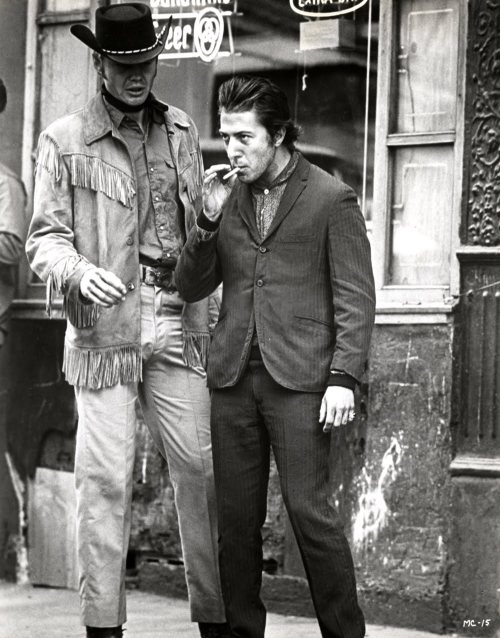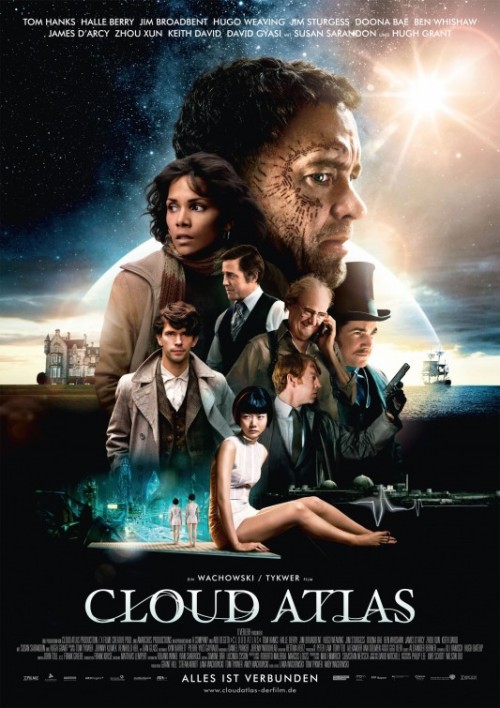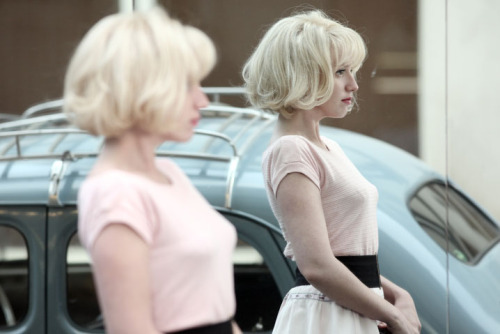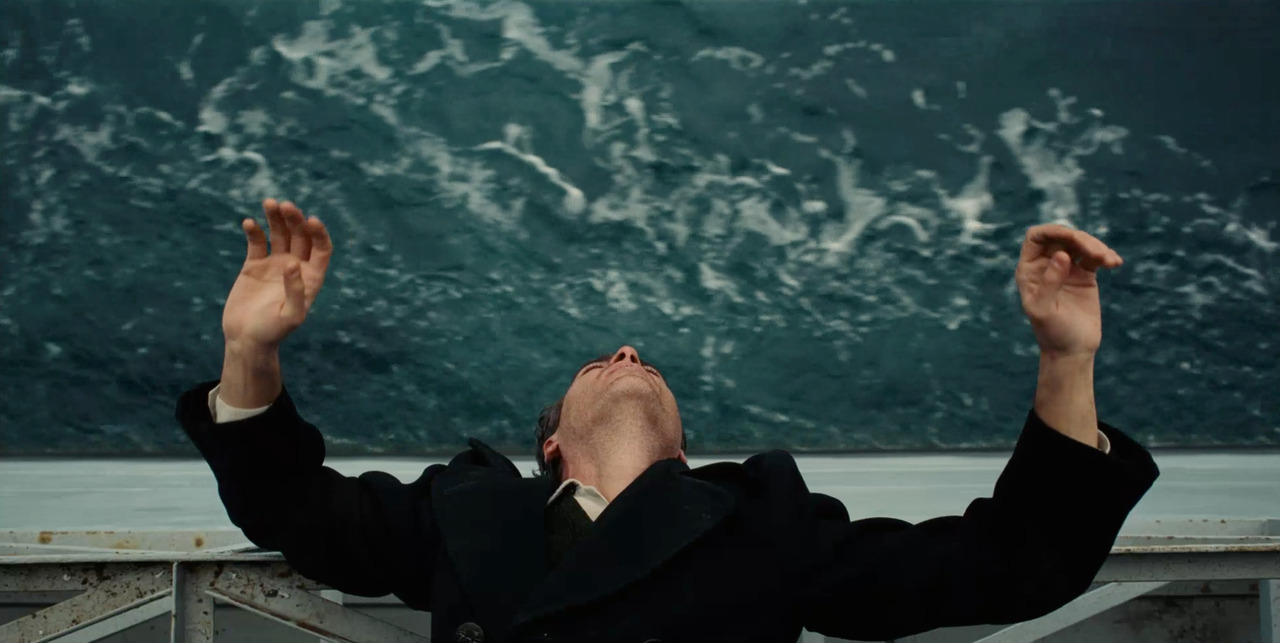 |
| Poster thanks to Impawards.com |
The story is a biographical one, depicting the life of Buyer Club runner Ron Woodroof. It is perhaps as successful as it is due to the subject of the film covering a recently taboo topic, HIV and AIDs. HIV and AIDs are often glossed over due to misunderstanding of the disease and discrimination on those who have been diagnosed. In recent years, however, HIV and AIDs have begun being discussed, a subject that is not only talked about, but is being encouraged to be talked about. Another film that was released recently on the subject is the documentary How to Survive a Plague (2012), about the early years of the AIDs epidemic and the efforts made by volunteer groups to bring awareness to the population and representatives, as well as to legalize medication otherwise not authorized by the FDA during the time of the crisis. How to Survive a Plague was nominated for Best Documentary Feature at the 2012 Academy Awards.
Dallas Buyers Club is an extremely poignant story of a heterosexual male diagnosed with HIV, which eventually progresses into AIDS, and his struggle with being heterosexual while a majority of those diagnosed with AIDS have had homosexual interactions. Being diagnosed not only staggers Woodroof, but isolated him from the masculine rodeo community he at one time thrived in. Woodroof goes through a serious transformation through the span of the story, beginning as a very aggressive homophobe, and then, through dealing with his new disease, progresses into an accepting and caring man for people of all different types.
Woodroof, not being able to comprehend why medication proved to help the AIDs virus is being restricted by the FDA, starts what is historically known as a Buyers Club, in which Woodroof offers a membership to the club for a small fee, which includes free medication for all members, the medication being that what is not approved by the FDA. In order to keep up his stock, Woodrood travels across the world, making contacts with doctors who desire to help AIDs patients who have no access to these medications. Without giving away too many spoilers, Woodroof runs into many obstacles, mainly legal ones, concerning his distribution of non approved medication.
The performances in the film are one of the things that makes the movie as enjoyable as it is. Jared Leto in particular, who plays a transgendered man, succeeds in stealing the show, even with the small amount of screen time given to him. If I hadn't known going into the viewing that Leto played the transgendered character, I wouldn't have been able to tell it was him. That was how convincing his performance was. As such, he won an Academy Award for his effort.
I suggest this film, as well as How to Survive a Plague, to any and all. A.

